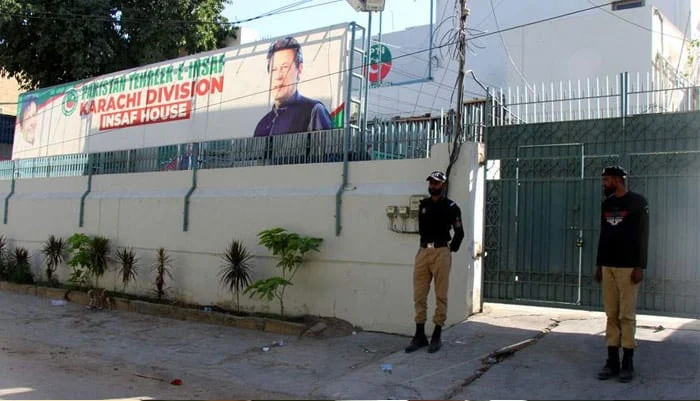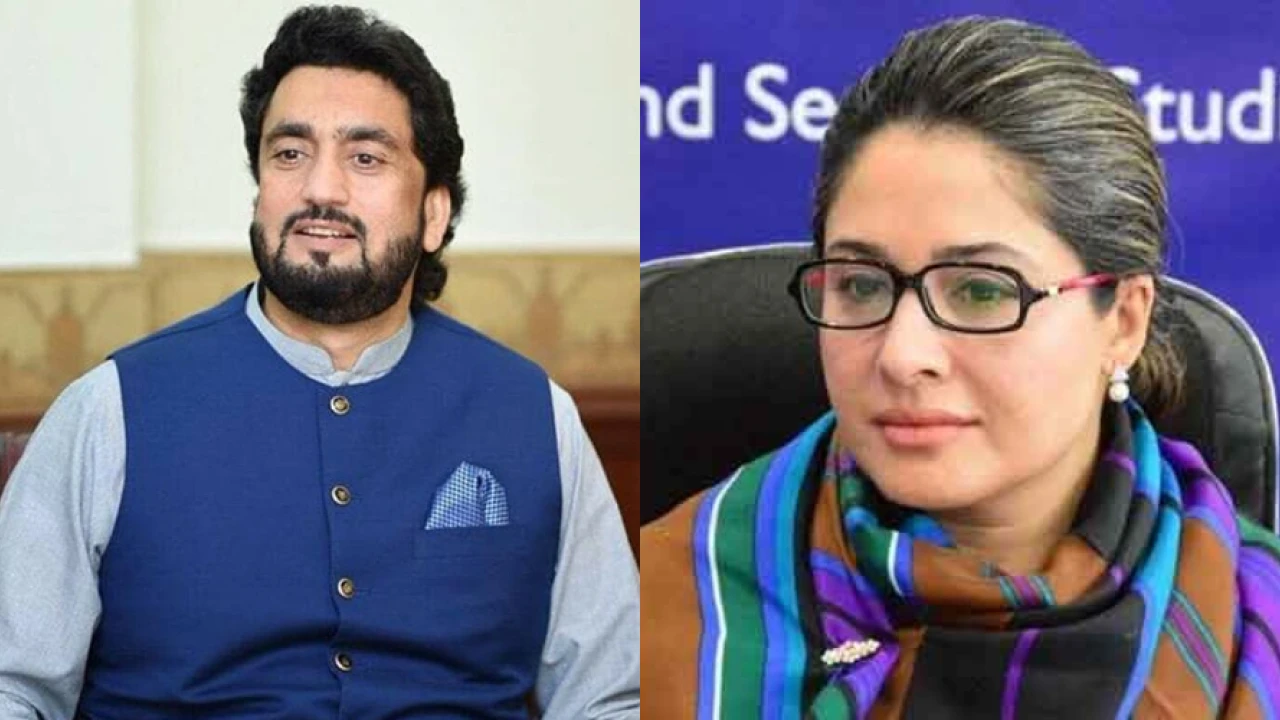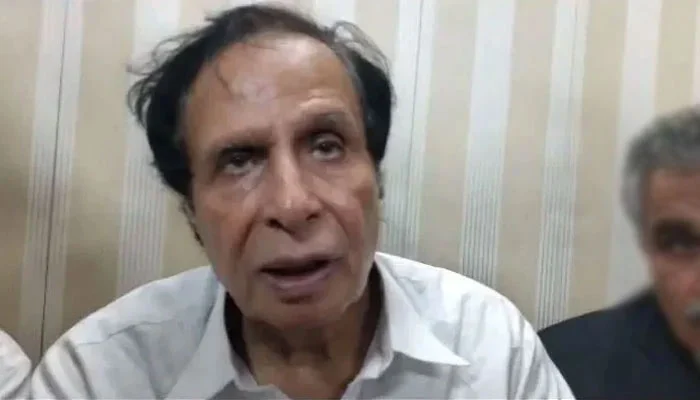Karachi, a city central to Pakistan’s political landscape, is now witnessing a fascinating legal saga involving the Pakistan Tehreek-e-Insaf (PTI) party. At the heart of this legal battle is the PTI’s central office, Justice House, which has remained unoccupied for twelve years despite a rent obligation of a staggering PKR 1.39 million.
The matter concerning Justice House in Karachi has entered a captivating legal phase. Documents reveal that the country’s President, Arif Alvi, and PTI leadership are facing legal repercussions due to the breach of contract regarding the property. The owner of Justice House, a private company, has taken the matter to court after not receiving rent for twelve years. The contract, signed by Arif Alvi, the late Naeem ul Haque, and former Sindh Governor Imran Ismail as guarantors, has now become a focal point of legal scrutiny.
The legal documents further specify that the property owners have filed a case under Section 15 of the Sindh Rental Ordinance 1969. Notices have been issued to President Arif Alvi, Imran Ismail, and Naeem ul Haque (posthumously) by the court. Justice House, situated at Plot No. J-16 PCHS Block 6, is privately owned, and under the terms of the agreement, Arif Alvi, Imran Ismail, and Naeem ul Haque were bound to pay a monthly rent of one million rupees.
Reportedly, neither the President nor other PTI leaders fulfilled the rental agreement for twelve years. As of July 2023, the outstanding rent has accumulated to an astounding 1.39 million rupees. According to the legal documentation, any political activities in Justice House are strictly prohibited. The agreement explicitly states that the premises are to be used exclusively for public services, barring any political engagements.
Legal experts assert that if the owners of Justice House win the case, Arif Alvi, Imran Ismail, and the late Naeem ul Haque’s guarantors could face legal consequences. The case has gained prominence since PTI’s central office was sealed after events on May 9, and the PTI has initiated legal proceedings in local courts to reopen the office. However, the court has placed restrictions, allowing the office to be opened only for gatherings of fewer than five people.
The unfolding legal battle not only puts PTI’s leadership under scrutiny but also raises questions about the party’s financial management and adherence to legal agreements. As the case progresses, it promises to shed light on the intricacies of political party finances and legal obligations in Pakistan’s dynamic political landscape.



